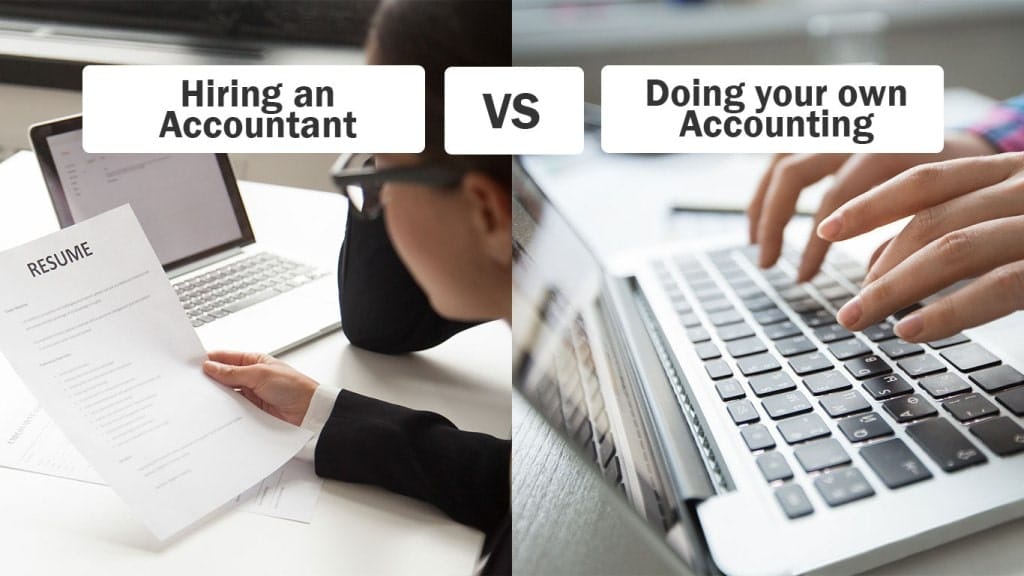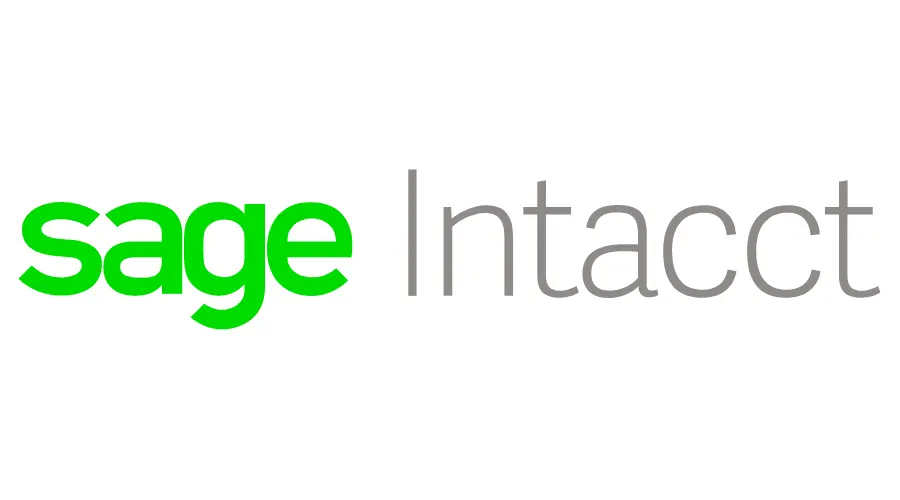In the fast-paced world, it isn’t easy to make an important decision about whether you should hire an accountant to look after your business or not. Small businesses probe into it harder since there is the question of affording an accountant.
When should I hire an accountant?
You will have to assess your situation to understand whether you need to hire a bookkeeper for your services. Analyze the type of business you are in, its size and development, the expenses and income involved, the entry system of accounting, and whether you have the expertise and time to look after your accounting.
Hiring a bookkeeper may end up being the better option, as they can adeptly manage all of your expenses and incomes, handle banking activities, maintain records with backups, assist with auditing, handle financial statements, manage cash flow, and facilitate the entire process of bookkeeping and accounting.
Hiring an accountant can help you set the measures and goals for your business and track its growth. Furthermore, it enables you to make informed decisions as they have a grasp on your firm’s financial health by performing a year-end report.
Why is an accountant important?
An accountant is deemed very important for all sizes of businesses as it helps the stakeholders and investors in the market evaluate the company’s overall financial performance.
It provides vital information about the income statements of profit and loss, liabilities and assets of decision-making, cash flow statements, and financial records of your firm. It ensures statutory compliance; it helps you address all the processes and systems of accounting by helping you with the budget and planning.
They can provide you with customized advice unique to your firm’s work. With an accountant’s expertise, you can get through all the deductions, avoid an audit, save time and energy, make informed decisions for yourself, and plan the future of your firm by detecting fraud and preventing costly mistakes.
How do you handle an accountant?
Many professionals rely on their accountants to manage their entire accounting process. Still, it is advisable to overlook their work and help your practice thrive as well.
- Manage bookkeeping: keep track of the receipts and balance the checkbook. In addition to the professional guidance from your accountant, some items should be classified in the financial statements.
- Document Preparation: Doing the bookkeeping and documentation of your financial data yourself will make the cost manageable.
- Organize your records – Keep a good record of all of your financial transactions. It will help you provide your accountant with complete and accurate bookkeeping and automate your data efficiently.
- Strategic Business Planning: Engage in analyzing your business operations, exploring compensation and staffing, reimbursement rates, establishing mechanisms to monitor financial performance, etc.
Steps to take before hiring an Accountant:
Finding the right accountant can be a difficult task, requiring expert advice and careful planning. These are the steps one must consider before hiring a bookkeeper.
- Experienced Accountant: Hire an accountant who is familiar with your business type. The accountant must know the different tax laws, financial regulations, and business trends of your industry, as well as the knowledge base of your industry type. This will enable them to provide your firm with the best advice and avoid individual decisions that are not fit for your industry.
- Qualified Accountant: Be aware of all services provided by the accountant. All CPAs may be trained, but not all accountants may be. The accountants qualified to represent you with the IRS are called enrolled agents. Some accountants also provide additional services like bookkeeping, due diligence, overseeing or explaining financial transactions, managing business investments, and compiling investor reports or annual statements.
- Affordability: Know the Cost: Do not base your choices on cost but on the quality of services—most accountants charge by the hour—around $140-$500 per hour. You can choose to go through the client invoices before hiring and ask for a referral.
- Learn how to use accounting software. Get to work with your accountant. Most business firms are now shifting towards cloud-based systems of software operation.
Process and Shortcomings:
You can streamline the hiring process through software like Texito to create job descriptions and attract candidates with diversified qualifications. Talent Sonar can assist in removing biases from the screening process. This software enables you to engage with qualified accountants through video interviews, allowing companies to hire a more diversified workforce. There is no guarantee against making a mistake, and their services may be too expensive in this competitive sector. This can prove to be a real budget-buster, and it is easy to lose touch and takes time to understand the work.





















 Company incorporation
Company incorporation














































